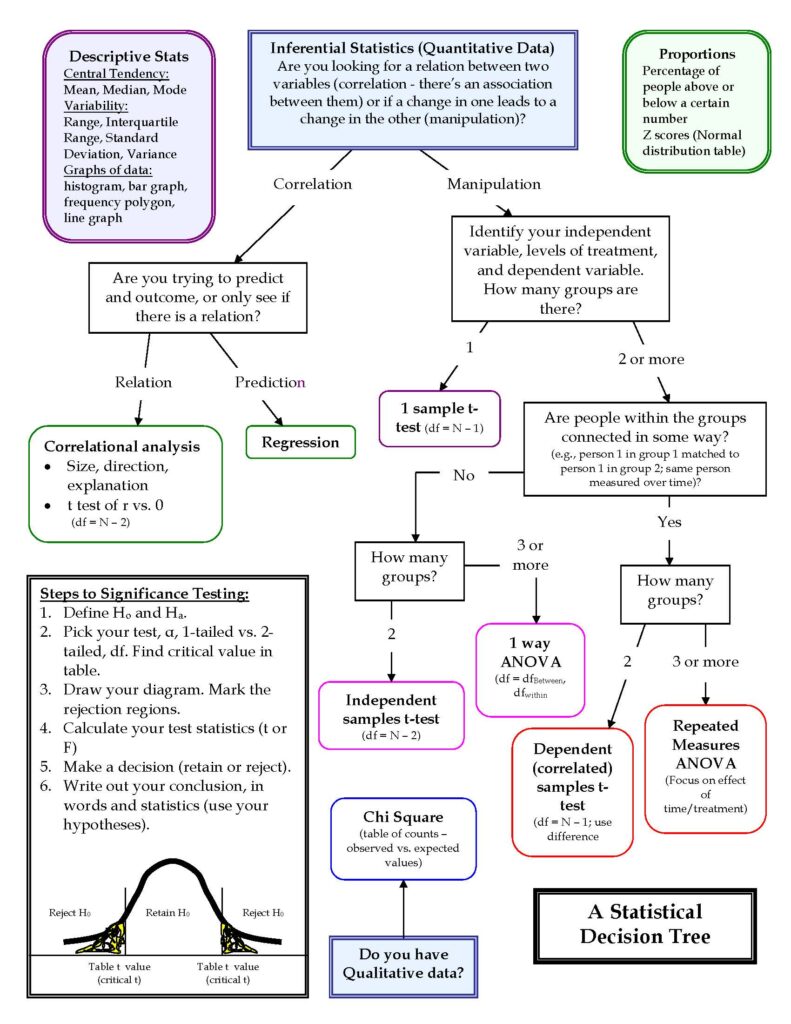Georgina Sakyi, M.Ed.
The time has finally come for me to apply for internship, and true to my personality, I’d started well before I needed to – sometime around June. I’d spent the summer coming up with a list of sites I wanted to apply to, working on my essays, and attending virtual workshops and meetings created to help support students applying for Match this fall. While the “Autobiographical” essay caused some anxiety within myself and among my peers, there was also significant concern about the “Diversity” essay we’re required to submit.
For those less familiar, here is the updated prompt for the 2022-2023 cycle: “Describe how multicultural and diversity variables inform your case conceptualization and clinical practice. Please use de-identified case material to illustrate your approach.”
The main groan about this prompt is it’s broadness, but Dr. Grace Chen offers guidance on her website, Psych Grad Corner. She advises that it may be more helpful to go into depth about one or two themes regarding multiculturalism and diversity rather than trying to capture all of your thoughts about the topic in 500 words. Reading and preparing to address this essay prompt as a racially and ethnically minoritized student filled me with absolute dread. Of course, there were many themes that came to mind: cultural humility, intersectionality, unconscious bias, systemic oppression, etc. I wasn’t sure which direction I wanted to take it, but more than that, I was aware that whoever read my essay would know I was a minortiized student. My concern centered around how well my essay would be received.
Could I be as bold as I wanted to be? Could I be honest and unapologetic about my strong emotions regarding multiculturalism and diversity in clinical practice? Would the reader think something along the lines of, “This student is passionate about this,” or, “This student might not be the right fit for our site.”? Like many others, I have worked on my personal and professional development in this area – getting comfortable with being uncomfortable, having uncomfortable conversations with my peers and my superiors, confronting my own internalized racism, thoughts, and behaviors that uphold white supremacy. In a lot of ways, leaders in our field have taken up the torch and are equally passionate about this work; however, a fear still lingers that this passion is hard for others to swallow.
I’d attended a Q&A session about internship essays, and someone even brought up discussing diversity issues on interviews. They were particularly interested in figuring out where the “line” was: how forthcoming could they be about their perspective on systemic racism in their community? Should they be cautious when responding to questions? In other words, should we, as minoritized graduate students in psychology, “reel in” the intensity with which we relay our personal experiences and that of the communities we serve for the sake of being palatable or a Westernized conceptualization of “professional”? We ask these questions, knowing what we want the answer to be, because while we want to be true and authentic to ourselves, we want to match!
Herein lies the point of this blog post: I want to encourage you to be who you are and trust in the Match process. Just like when we all applied to our doctoral programs, the key word is “fit”. The right site for you is the site that is willing to include (not tolerate), support, and train the fullest, most authentic version of you. If you’ve never heard the phrase “you carry who you are wherever you go,” know this to be true: whatever you “reel in” for your essays or your interviews will surely come out during your training year. What you don’t want is to be matched to a site where tension and conflict rule your experience. You want to be sure that where you’re going supports your personal and professional journey. If for some reason a site makes you feel like your passion, your fire, your advocacy, your voice is too much, I hope you feel empowered to tell them, “Go find less.”
Resources:
- Psych Grad Corner supports the professional development of clinical, counseling and school psychology doctoral students. They host webinars, Q&As, and provide tips and resources on their website and podcast.
- The Internships in Psychology: The APAGS Workbook for Writing Successful Applications and Finding the Right Fit is available in text or e-book on Amazon to help doctoral-level psychology student navigate the internship application process.
References:
Chen, G. (2022, September 23). Essay 3: Diversity. Psych Grad Corner. Retrieved October 4, 2022, from https://psychgradcorner.com/2019/06/06/essay-3-diversity/



